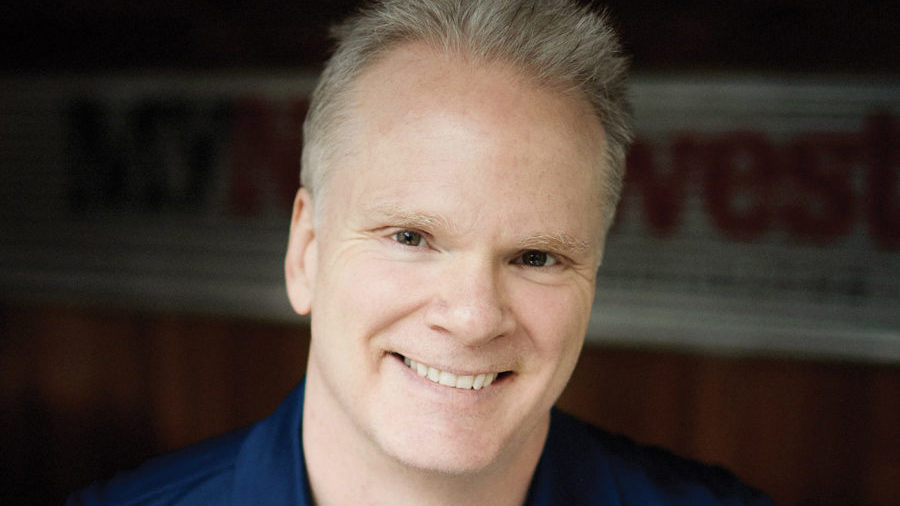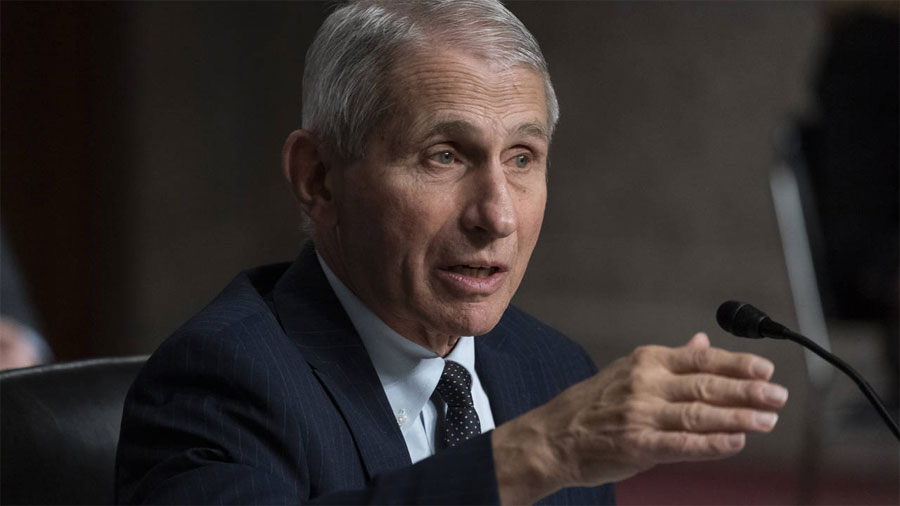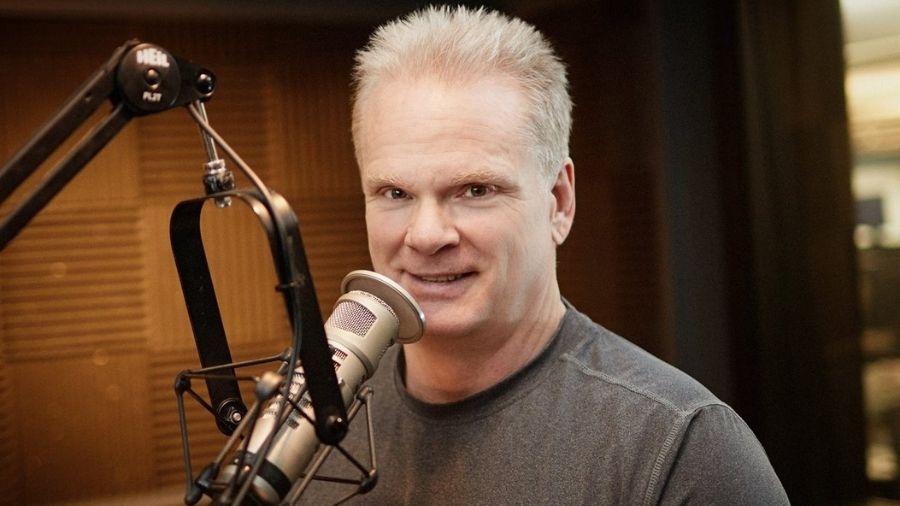A year later, rural communities struggle with court’s decision to restrict wells
Oct 23, 2017, 7:08 AM | Updated: 7:09 am

(AP)
(AP)
One year after the Washington State Supreme Court ruled Whatcom County could restrict landowners from building wells on their property, another legislative session has ended without a solution for people depending on the ground water resource.
Herman: Do Seattle leaders think voters are too stupid to vote?
City-dwellers may be unaware of the ruling or its impact on Eastern Washington farmers, but for many, the fallout is significant. According to Representative Mary Dye (R – 9th Legislative District) the ruling isn’t just infringing on property rights – it harms the American promise.
“It’s assumed when you have a piece of property, that the water that is under that property is a right that you have to use to develop your home or to operate whatever livestock you have on your land. To my mind, to have that entire body of water law overturned, it’s shocking,” said Dye, who argues the Hirst decision is a “catastrophic event” for property rights.
The Washington State Supreme Court ruled in Whatcom County vs Hirst, Futurewise, et al. (2016) that property owners must turn to their county for approval and a permit if they want to build a well on their land, and that strict rules were needed to regulate wells and protect natural water supplies.
“It’s part of the American promise, it’s part of our DNA as Americans that we would assume that we could … build our homes and build our lives, and to have that taken away from us with just a single court decision is just beyond my imagination that I’m living in a day when that would happen.”
Prior to the ruling, landowners would not require a water right to build or draw from a well, as long the supply was limited to 5,000 gallons per day.
Now, property owners must prove their wells won’t affect protected rivers and streams before the County will approve. According to the Washington State Department of Ecology, this requires an expensive hydrogeological analysis.
In the meantime, people who want to develop their land are left looking for answers.
“I’m hearing a lot about the impact this is already having on property values nearing Spokane, where developers are already asking for re-evaluations since they cannot utilize their land for development,” Dye said. “The building industry has put out a very compelling report that shows the draconian impact this has on land values, building industry, in terms of the overall economic impact — nearing $9 billion — just because you just created a whole bunch of have-nots that are sitting on a bunch of land that has no value now without the water.”
Dye also counters the argument that constructing wells – or a growing agricultural community – is harmful to the environment.
“I just feel like the environmental paradigm is one that forgets that humanity is the reason and that the humanitarian element is extremely important to have a healthy environment,” Dye said.
“Well, there certainly are inequities between the elites and the people that actually love and work and serve the land … we want to be able to be free people on private land and to utilize the resources that have been granted us by a deed and have that honored. Because that’s been the American promise from the beginning.”
Listen to Todd Herman’s full interview with Dye here.













